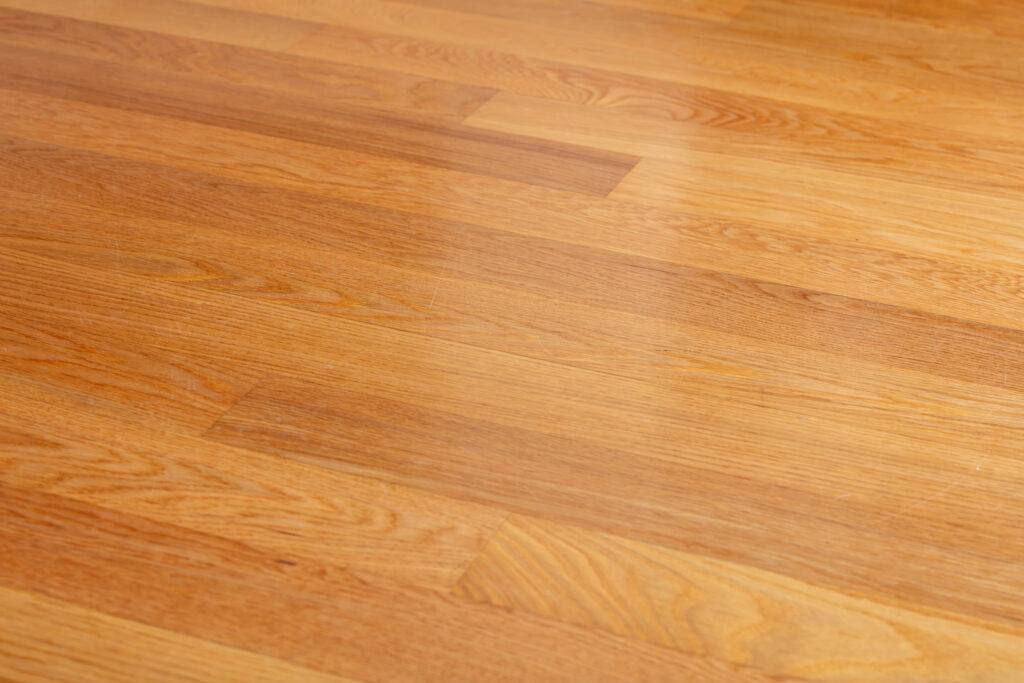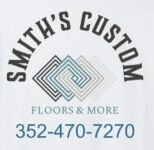Luxury Vinyl Plank (LVP) is a popular flooring option known for its durability, affordability, and aesthetic appeal. Here’s some information about LVP:

- Material: LVP is made primarily of PVC (polyvinyl chloride) layers. These layers typically include a backing layer for stability, a core layer for strength, a printed design layer to mimic the look of wood or stone, and a wear layer for protection against scratches, stains, and fading.
- Appearance: LVP comes in a wide range of designs, including wood, stone, and tile patterns. Advanced printing and embossing technologies allow for realistic textures and colors, making it difficult to distinguish from natural materials.
- Durability: One of the key advantages of LVP is its durability. The wear layer protects the flooring from scratches, stains, and fading, making it ideal for high-traffic areas and households with pets and children. LVP is also water-resistant or waterproof, depending on the specific product, which makes it suitable for bathrooms, kitchens, and other moisture-prone areas.
- Installation: LVP is typically installed as a floating floor, meaning the planks are not attached to the subfloor but instead interlock with each other. This installation method is relatively easy and can often be done as a DIY project, although professional installation is recommended for optimal results.
- Maintenance: LVP is relatively easy to maintain. Regular sweeping or vacuuming to remove dirt and debris, along with occasional mopping with a mild cleaner, is usually all that’s required to keep it looking its best. Unlike hardwood or stone flooring, LVP does not require sealing or refinishing.
- Cost: Compared to hardwood, stone, or tile flooring, LVP is often more affordable, making it an attractive option for budget-conscious homeowners. While prices can vary depending on the quality and brand, LVP is generally considered a cost-effective choice for achieving the look of luxury flooring without the high price tag.
- Environmental Considerations: While LVP is made from synthetic materials, some manufacturers offer eco-friendly options that use recycled materials and low-VOC (volatile organic compound) adhesives. Additionally, because LVP is long-lasting and requires minimal maintenance, it can be considered a sustainable flooring choice.
When selecting LVP for your home, consider factors such as the thickness of the wear layer, the quality of the locking mechanism, and any warranties offered by the manufacturer. Overall, LVP is a versatile and practical flooring solution that can enhance the beauty and functionality of any space.
For more information and or a FREE Estimate give us a call at (352) 470-7270 or fill out our short form.
